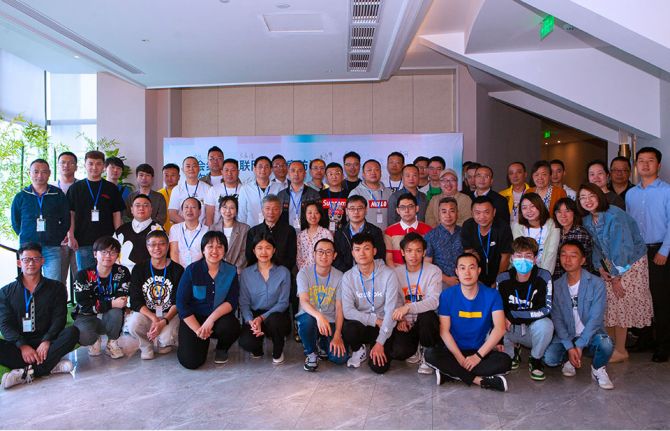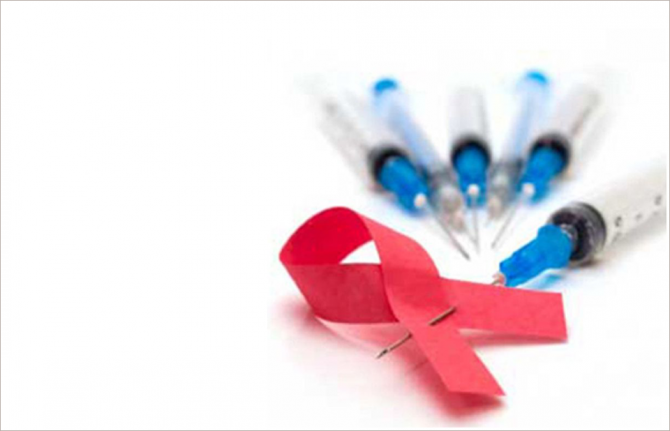
Feature Story
Collaboration between TB Alliance and Tibotec offers hope of accelerated tuberculosis drug development
17 June 2009
17 June 2009 17 June 2009
In response to the urgent need to accelerate the discovery and development of new drugs to fight tuberculosis (TB), a landmark collaboration between the Global Alliance for TB Drug Development (TB Alliance), a non-profit, product development partnership, and Tibotec Inc., (Tibotec), a global pharmaceutical company, was announced at the Pacific Health Summit.
The two organizations have agreed to share their expertise and resources in the development of “TMC207”, an anti-tuberculosis drug with a new mechanism of action.
If the encouraging results of early studies are confirmed, TMC207 will represent the first new class of TB drugs we have had in 40 years, offering hope to people living with HIV who are at increased risk of developing TB disease and especially drug-resistant TB.
Dr Alasdair Reid, HIV/TB advisor to UNAIDS
Welcoming the news of the collaboration, Dr Alasdair Reid HIV/TB advisor to UNAIDS said, “If the encouraging results of early studies are confirmed, TMC207 will represent the first new class of TB drugs we have had in 40 years, offering hope to people living with HIV who are at increased risk of developing TB disease and especially drug-resistant TB.”
“The rise of multidrug resistant TB and the lack of new drugs to date are among the biggest threats to TB control and the HIV response,” Dr Reid noted.
The interim data from an ongoing Phase II study of TMC207 were recently published in the New England Journal of Medicine. In the placebo-controlled study of 47 patients with multidrug-resistant TB (MDR-TB), it was found that 48% of patients receiving TMC207 in combination with standard treatment converted to negative sputum culture after eight weeks compared with 9% of those who received placebo and standard treatment.
People living with HIV are susceptible to developing TB and are also particularly vulnerable to MDR-TB which has a higher mortality rate, and is significantly more difficult and costly to treat. In 2008–2009, the highest number yet of MDR-TB cases were reported to WHO, with an estimated half a million new MDR-TB cases emerging annually. Simpler and more effective ways to prevent, diagnose and treat TB in people living with HIV are urgently needed.
The TB Alliance aims to accelerate the discovery and development of new TB drugs that will shorten treatment, be effective against resistant strains, and be compatible with antiretroviral therapies for people living with HIV who have TB.
Integrated HIV and TB services
In Joint Action for Results: UNAIDS Outcome Framework 2009-2011, the UNAIDS Secretariat and Cosponsors recommend effective integrated delivery of services for HIV and tuberculosis in order to prevent people living with HIV from dying of tuberculosis.
UNAIDS Executive Director Michel Sidibé is committed to mobilizing leadership in confronting the interlinked epidemics of TB and HIV and to bring the AIDS and TB movements closer together. Earlier this year while participating at the 3rd Stop TB Partners Forum, Mr Sidibé met with TB Programme Managers and TB civil society and stressed that the epidemics of TB and HIV can no longer be addressed in isolation. “We need to ensure that people living with HIV do not die of TB,” Mr Sidibé said.
TB is among the leading causes of death among people living with HIV, and accounts for an estimated 23% of AIDS deaths worldwide.
Collaboration between TB Alliance and Tibotec off
Cosponsors:
Partners:
Feature stories:
Call for global action on the threat of drug-resistant tuberculosis (03 April 2009)
Need for scale up in integrated TB and HIV screening to address linked epidemics (24 March 2009)
ICASA 2008: Collaborative TB and HIV activities essential (03 december 2008)
MDR-TB more common in people living with HIV (28 February 2008)
External links:
Global Alliance for TB Drug Development (TB Alliance)
Tibotec
Pacific Health Summit
Publications:
Global Tuberculosis Control 2009
Joint Action for Results: UNAIDS Outcome Framework 2009–2011 (pdf, 388 kb.)



